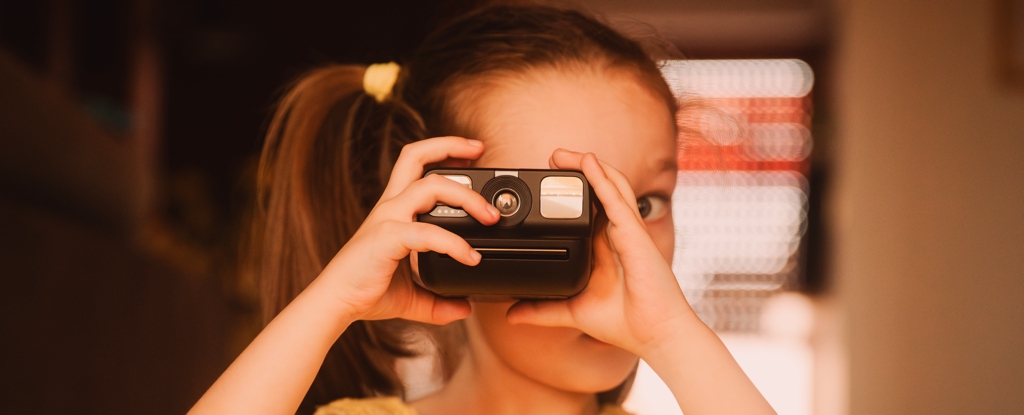Childhood habits are hard to break, and new research suggests that the way you adjust your thermostat today is likely a remnant of those early childhood habits.
A recent paper, comically titled “Turning Down the Temperature for Watts,” finds that even though heating and cooling make up a significant portion of most homes’ energy bills, the average American doesn’t turn their thermostat down very much.
Instead, residents tend to follow in their parents’ footsteps.
“Notably, people who grew up in warm homes tend to keep their thermostats set higher in their current homes, suggesting that childhood thermal environments have a lasting impact on current temperature preferences.” write The researchers are Drijon Gulda, an organizational behavior researcher at Maynooth University in Ireland, and Paul Hanges, an organizational psychologist at the University of Maryland in the US.
Currently, residential energy in the United States accounts for 21 percent of the country’s total energy consumption, with more than half of that coming from heating and cooling homes.
Even though half of all American households are empty during the day, many people leave their heaters or air conditioners on even when they’re not at home. investigation Only 42 percent of American homeowners adjust their thermostat to save energy and costs.
These habits not only waste energy but also increase household expenses, and new research suggests that these preferences may be acquired during childhood.
“Understanding what motivates consumers to make heating and cooling choices could be an important lever for reducing the burning of fossil fuels.” write Gulda and Hanges.
Together, the two researchers surveyed 2,128 participants from across the U.S. Respondents were asked about the average thermostat settings in their homes during winter as adults and as children, and were also asked to rate their emotional connection to their local community.
Participants who currently live in areas with cold winters but grew up in warm homes – Maintained at 26.67 degrees Celsius (80 degrees Fahrenheit) – People who grew up in cold homes prefer to keep their current home warm as adults – Maintain 21.11 degrees Celsius (70 degrees Fahrenheit).
This trend held up even when controlling for race, education, household income, and geographic mobility.
The childhood habit was “Deep-rooted and difficult to change“Gulda and Hanges NoteHowever, that doesn’t mean it can’t be broken.
The extent to which participants identify with or are connected to their community was found to “strongly” influence the relationship between a person’s current thermostat use and their upbringing.
For example, people who move to cold winter areas like New York and have strong ties to their local communities Participants who feel more fitted into the community are more likely to prefer the thermostat than participants who feel less fitted into the community.
It’s not surprising that people in warmer climates like Florida tend to use central heating less and rely on air conditioning to cool their homes even in the winter, but then again, you can change that habit to some extent depending on how well you adapt to your community.
“People who reported greater community fit had warmer homes, probably due to limited use of air conditioning,” the psychologists said. Note.
This suggests that our peers influence our energy use, but the authors say the results should be interpreted with caution because community norms were not measured directly.
The findings are based on self-reporting, meaning there’s no guarantee that participants were being honest about their thermostat settings in adulthood or childhood.
Additionally, thermostat settings may not reflect the actual temperature in your home and can be difficult to control, especially in older, poorly insulated homes.
Future research should address these limitations and delve into the cultural factors that influence how people heat and cool their homes, argue Gulda and Hanges.
“We need to understand the psychological mechanisms and motivations that underlie behavior,” psychologists say. writewe will no longer be able to explain why rational consumers do not necessarily try to optimize their energy consumption.
This study PLOS Climate.


